Ever wondered why fitness competitors are so meticulous about tracking every single bite they eat?
It’s not just because they’re control freaks (though let’s be real, many are). It’s because when you’re trying to sculpt your body to perfection for the stage, precision matters.
And meal tracking? That’s the secret weapon in their arsenal.
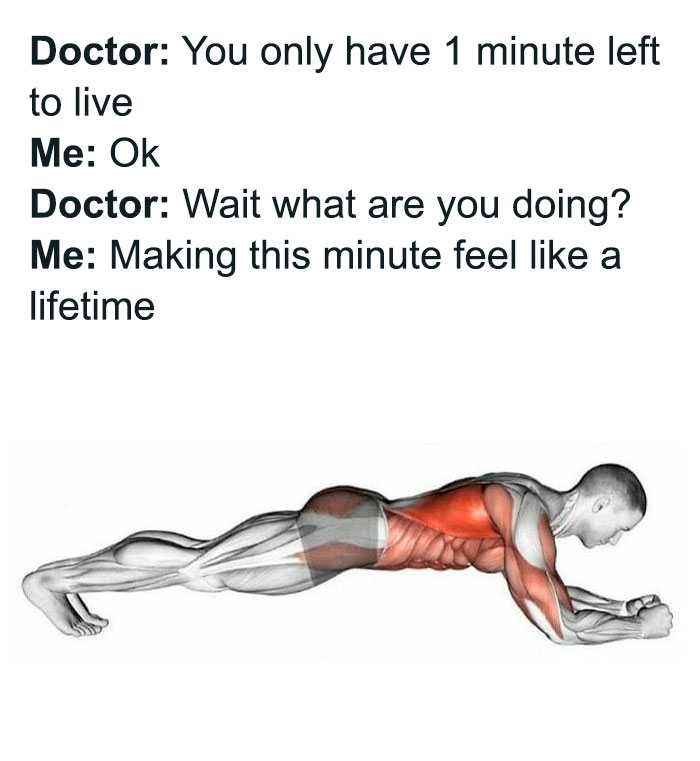
Why Tracking Every Bite Makes or Breaks Fitness Competitors
Let’s talk about why tracking what goes in your mouth is absolutely critical if you want to step on stage looking your best.
Fitness competitors go through different phases – bulking (gaining muscle) and cutting (losing fat) – and each requires completely different calorie and macro targets.
Without tracking, you’re basically trying to hit a bullseye while blindfolded. And in the competitive fitness world, that’s a recipe for disaster.
The Three Big Benefits of Obsessive Food Tracking
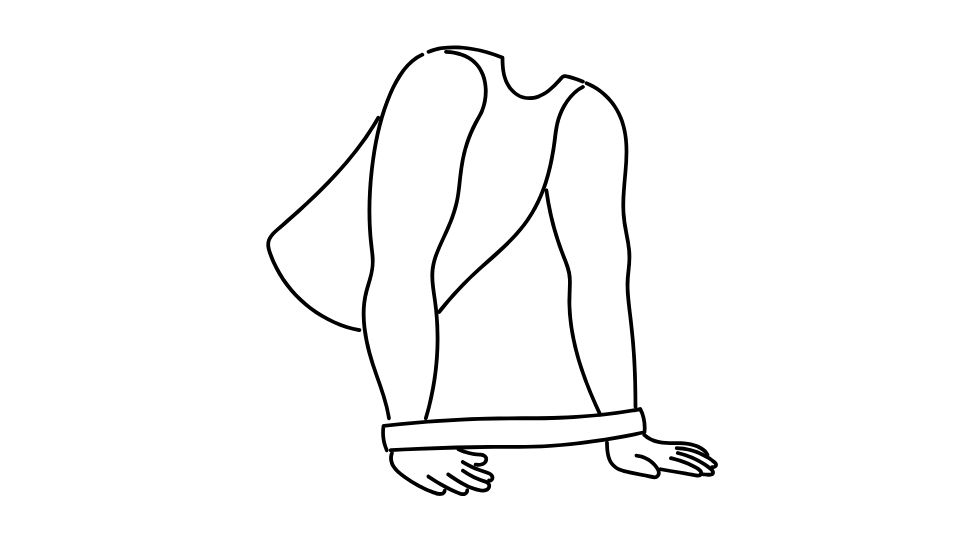
1. Hitting Your Numbers Perfectly
Ever heard a competitor say they’re “100 calories over” or need “20 more grams of protein”? This isn’t random fitness bro talk.
When you’re prepping for competition, being even slightly off on your calories can make the difference between showing up shredded or smooth. Precision matters.
If you’re in a cutting phase, accidentally eating 200 extra calories daily adds up to a pound of fat every 17 days! That’s the difference between first place and not placing at all.
2. Dialing in Your Macros Like a Pro
It’s not just about calories – it’s about getting the right balance of:
- Protein (muscle preservation is EVERYTHING)
- Carbs (fuel for training and muscle fullness)
- Fats (hormonal function and nutrient absorption)
The right tracking system helps competitors manage this delicate balance that changes throughout prep.
3. Making Data-Driven Adjustments
Your body will adapt to whatever diet you throw at it. The secret to continuing progress? Making small, strategic tweaks based on real data.
Good tracking gives you this data so you can see exactly what’s working and what’s not.
What Makes a Good Tracking System for Competitors?
Not all food tracking apps are created equal. If you’re serious about competing, you need serious features:
- Accurate food database (garbage in = garbage out)
- Custom meal templates (competitors eat the same meals repeatedly)
- Workout integration (to account for training energy expenditure)
- Trend analysis (to spot patterns and make adjustments)
- Usability (because spending 2 hours a day logging food is soul-crushing)
The Best Apps for Fitness Competitors Who Mean Business
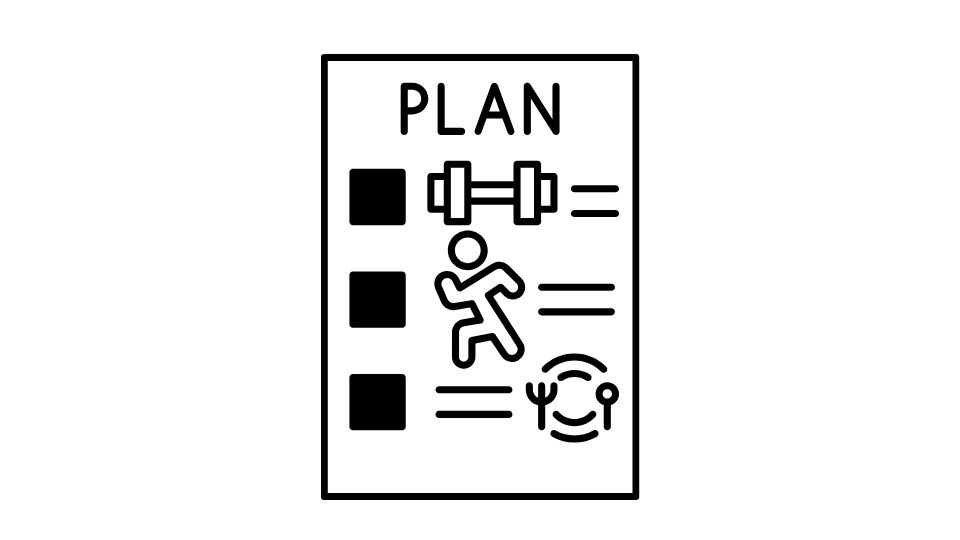
Cronometer: The Nutrient Nerd’s Dream
If you’re the type who wants to track not just macros but micronutrients down to the milligram, Cronometer is your jam. It tracks up to 84 nutrients with a highly verified food database.
What makes it special? It’s obsessively accurate. While other apps let users add foods (introducing errors), Cronometer verifies entries. Perfect for the detail-oriented competitor who needs precision.
MyFitnessPal: The OG That Still Delivers
MyFitnessPal has been around forever, and for good reason. With the largest food database around and barcode scanning that actually works, it makes daily tracking relatively painless.
The premium version offers macro breakdowns by meal, which is clutch when you’re trying to time your nutrients around workouts.
Eat This Much: For Competitors Who Hate Meal Planning
The meal planning struggle is real. Eat This Much generates entire meal plans based on your calorie and macro goals, complete with recipes and grocery lists.
It’s like having a diet coach in your pocket, minus the weekly check-ins and posing practice.
MealByMeal: When You’re Too Busy Posing to Log Foods
This newer option lets you text your meals instead of manually logging everything. Seriously, you just text what you ate, and it tracks calories and macros automatically.
For competitors who are exhausted from training twice daily and posing practice, this text-based tracking system removes a ton of friction from the process.
How to Actually Use Meal Tracking During Comp Prep
1. Start With Clear Targets
Before you track a single grape, know your numbers:
- Daily calorie target (based on your current phase)
- Protein goal (usually 0.8-1.2g per pound of body weight)
- Carb and fat allocation (varies based on your coach’s approach)
2. Pick ONE System and Stick With It
App-hopping creates inconsistency. Choose one tracking method and commit to it for your entire prep. Different apps calculate calories differently, which can mess with your results.
3. Front-Load Your Tracking Work
Pro tip: Plan and log tomorrow’s meals today. This prevents the “it’s 9pm and I still need 40g of protein” panic that leads to poor food choices.
4. Weekly Weigh-Ins + Tracking = The Magic Formula
Combine your food tracking data with weekly physique assessments and weight trends to make intelligent adjustments.
This is where detailed tracking systems shine – they show you patterns over time that might not be obvious day-to-day.
Why Most Competitors Eventually Hate Tracking (But Do It Anyway)
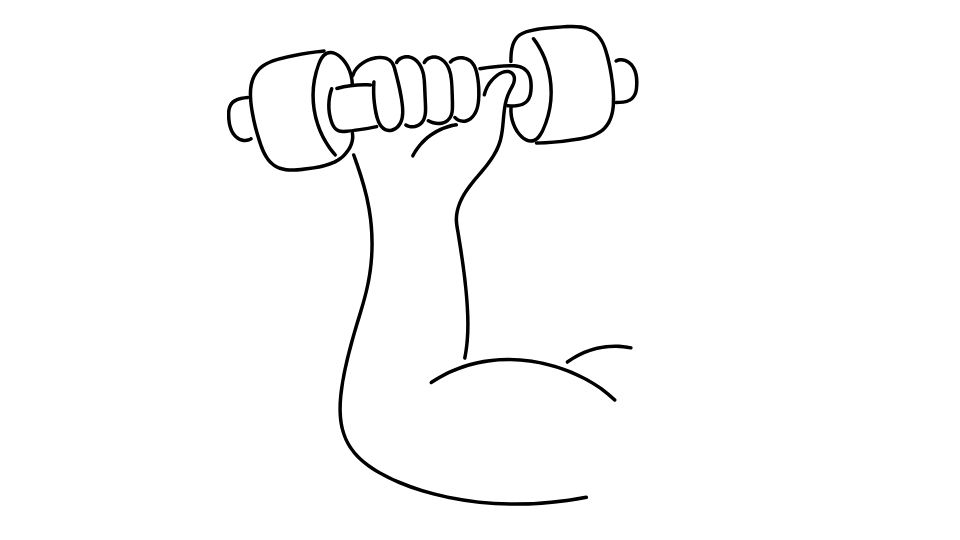
Let’s be honest – tracking every morsel of food gets old FAST.
It’s tedious, time-consuming, and makes you “that person” at social events who’s weighing chicken breast on a pocket scale.
But here’s the reality: at elite levels, the competitors who track consistently win.
The good news? Technology is making it easier. Apps like MealByMeal with text-based logging or photo recognition are reducing the friction that makes tracking such a chore.
The Bottom Line on Meal Tracking for Competitors
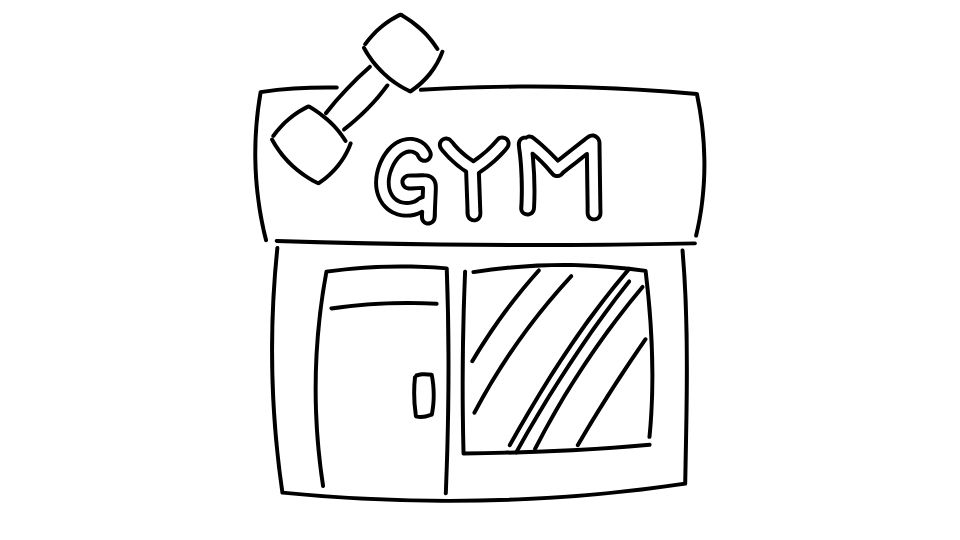
If you’re serious about stepping on stage, you need to be serious about tracking your nutrition. Full stop.
The level of precision required to dial in a competition physique simply isn’t possible with “intuitive eating” or eyeballing portions.
The best competitors:
- Track consistently (not just when it’s convenient)
- Use data to make decisions (not emotions or what some random guy at the gym said)
- Find a system that fits their lifestyle so they can sustain it through prep
Remember that tracking is a tool, not a lifestyle. Use it to achieve your competition goals, but don’t let it consume your entire existence.
Because after all, even the most dedicated competitors eventually want to eat a meal without wondering, “Wait, was that 4 ounces of chicken or 4.5?”



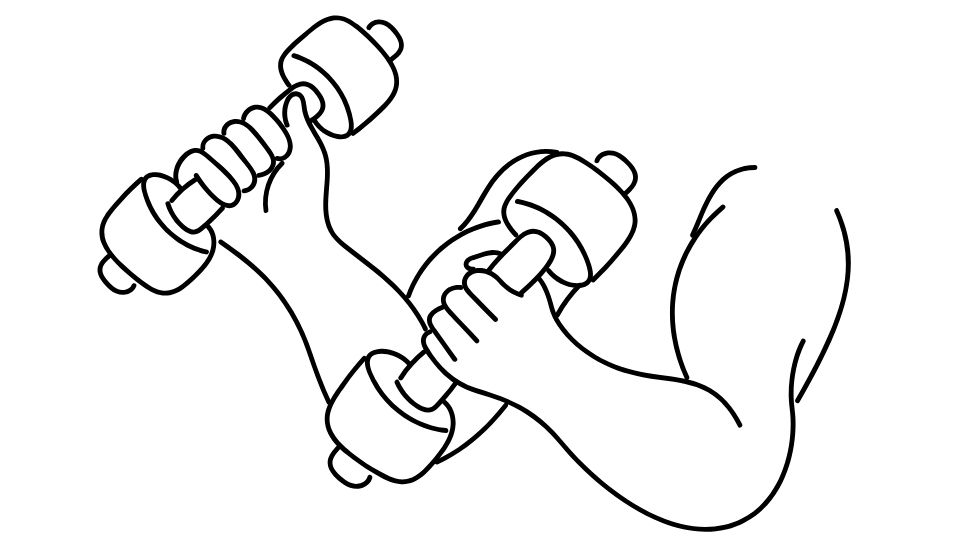
Leave a Reply